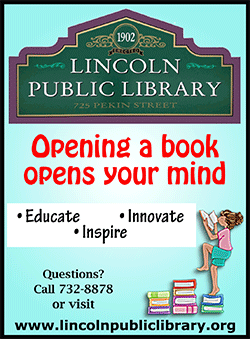The mantra for our congregation is
everything belongs. Advent is about the coming of
the Christ to dwell among us. The incarnation is a
story reiterating what God spoke in the beginning –
that this life and world are good. The Christmas
story reveals the depth of God’s love, choosing
solidarity with Creation as an act of love rather
than condemning it. Epiphany is about the revelation
of the Christ's presence to all the world, and the
story of the Magi reminds us that all traditions
belong to the Divine.
Advent and Christmas were full of stories drawing us
to the presence of God in and among God’s people.
The story of the baptism of Christ reminds us that
we belong to God in life and death – our identity
belongs to God. The stories of Jesus calling the
disciples invite us to consider joining God in
re-creating the world. We all have a part in the
missio Dei1. We belong to the life and activity of
the Triune God, and our call is to join the Christ
in embodying the reign of God! The first three
seasons of the church calendar center us in the
story of our belonging – to God, God’s mission, and
one another.

We are quick to forget our
belongings. We find ways to separate ourselves from
God, Creation, one another, and ourselves. We forget
that we belong to love – our identity and destiny.
When this separation (which means sin) occurs, our
belonging and our oneness with God are blurred. We
forget who and whose we are and begin creating
identities that do not reflect our true selves.
During this disordering experience, the temptation
is to pursue the self-destructive illusion that says
we are alone and separate, choosing to be a rugged
individual to a true community. Evil, the ideologies
that pit us against the community and actions that
lead to an ‘us versus them’ mentality, seduces us
deeper into separation’s despair. These wages rob us
of our true selves by insisting the gap is too large
to bridge and the presence of pain and suffering
means healing is not possible. No longer do we
believe we belong, but we are ‘predestined’ to be
autonomous from God and one another.
|

The good news is that this illusion
is just that, an illusion. The Biblical witness
tells of God’s activity and movement toward us to
undo whatever it is that separates us. In the life,
ministry, death, and resurrection of Jesus, we see
how we return to our belonging by becoming who God
calls us to be. Lent is the season of our becoming
–we examine our separations by witnessing our
sufferings, tending to our pains, and emptying the
small self so we may encounter the Risen Christ. Not
with quick fixes or bypassing with spiritual
language. Sister Joan Chittister says it best, “Lent
is about becoming, doing, and changing whatever it
is that is blocking the fullness of life in us right
now.” For forty days, we travel into the wilderness
of our lives and ask, “Who is God inviting us to
become?”
Lent is a season of disorder. The good news is that
we do not traverse the ashy landscape alone – but
God in the Risen Christ, with the companionship of
the Spirit – goes with us. Lent invites us into the
paradox of this life – failure is a part of success,
death is a part of life, and imperfection is
included in perfection – or, to use the definition
in Scripture – becoming whole!
If love is our belonging, faith is the slow process
of getting there. Lent is the season of our becoming
– when we journey together with the faith of Jesus
toward our true belonging – the Beloved Community.
Adam Quine, minister
First Presbyterian Church in Lincoln
 |